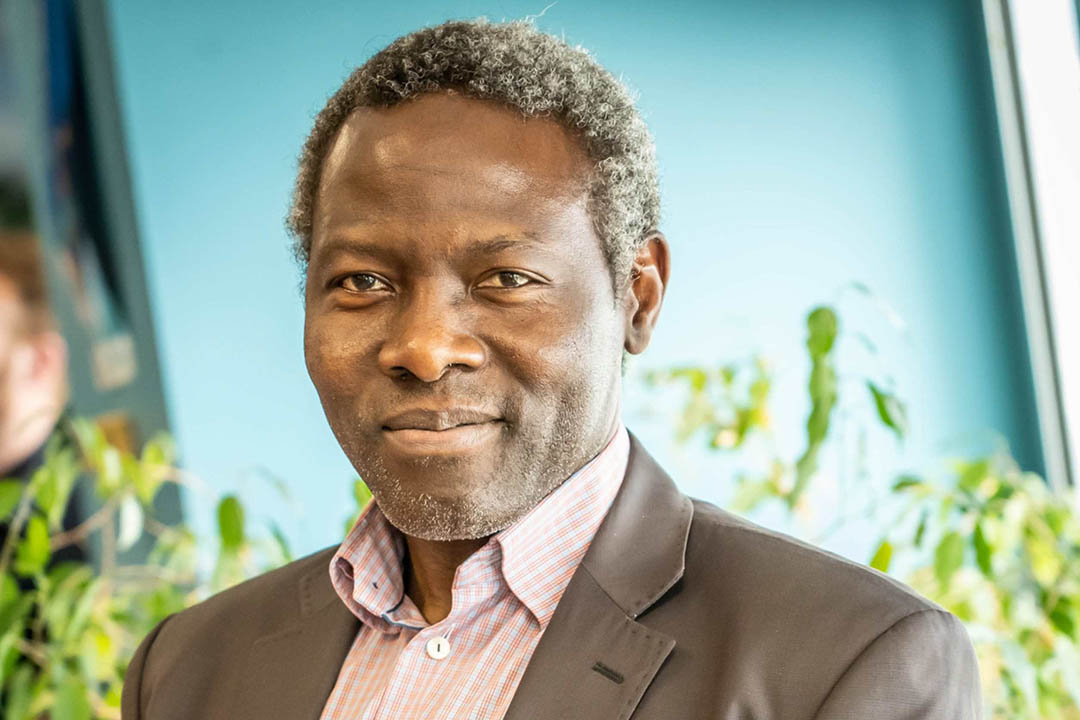
USask conference to provide practical strategies to address violence
A University of Saskatchewan (USask) symposium aims to provide frontline workers with strategies to identify and address potentially violent situations and support victims of violence.
“This symposium is premised on trying to highlight advancements in sciences that target the reduction of victimization,” said Dr. Mansfield Mela (MBBS). “We have focused this time around at some of the hidden patterns of violence that don’t always come to the surface.”
The 20th Biennial Symposium on Violence and Aggression takes place at USask from May 26 to 28 in the Health Sciences Building. The conference brings together academic researchers, public policy makers, government officials, clinicians and frontline workers to “translate research into practice” and share new ideas and techniques in the world of forensic mental health.
The major topics of this year’s symposium include human trafficking, intimate partner violence and gangs.
Mela, a top forensic psychiatrist and professor of psychiatry in USask’s College of Medicine and the director of the Centre for Forensic Behavioural Science and Justice Studies (CFBSJS), said the strength of this conference is how it connects researchers and new ideas with the people working in the community.
“We’re bringing to the limelight practical strategies for frontline staff to manage these issues of gang-related violence, violence related to intimate partner aggression, and also trying to help those who are victims of this type of violence,” he said. “We hope to see people go back home, apply these strategies and be able to reduce victimization. That has always been the goal of the CFBSJS.”
Experts from within USask and from other organizations and universities across Canada and the United States will be part of the numerous panels throughout the two days of symposium sessions.
Mela said the fact that the symposium has reached its 20th iteration – nearly 40 years after the first one in the 1980s – is a testament to both the value of the research being shared and the value USask puts into that community-oriented work.
“It definitely speaks to the kind of support USask places on research that makes impacts on the ground,” he said. “When something is relevant to practice and society, USask looks to that.”
As this work – and the biennial symposium – continues into the future, Mela noted that USask continues to produce leading minds in these fields. Mela highlighted the strong interdisciplinary nature of USask’s research and facilities in the endeavour to better understand and decolonize systems in place that contribute to violence.
He said USask and the CFBSJS will continue pioneering research into this field in order to support victims of violence and aggression and to continue developing techniques to address these issues in society.
“Teamwork is able to move us in the right direction in managing some issues that are of societal value, and to impact those who are being victimized,” Mela said.
